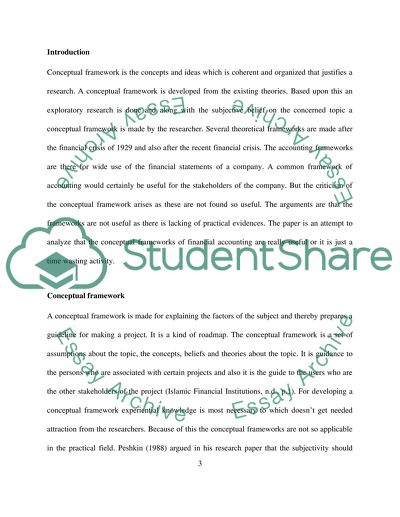Cite this document
(“Financial Accounting Theory Essay Example | Topics and Well Written Essays - 1500 words”, n.d.)
Retrieved from https://studentshare.org/finance-accounting/1439852-financial-accounting-theory
Retrieved from https://studentshare.org/finance-accounting/1439852-financial-accounting-theory
(Financial Accounting Theory Essay Example | Topics and Well Written Essays - 1500 Words)
https://studentshare.org/finance-accounting/1439852-financial-accounting-theory.
https://studentshare.org/finance-accounting/1439852-financial-accounting-theory.
“Financial Accounting Theory Essay Example | Topics and Well Written Essays - 1500 Words”, n.d. https://studentshare.org/finance-accounting/1439852-financial-accounting-theory.


